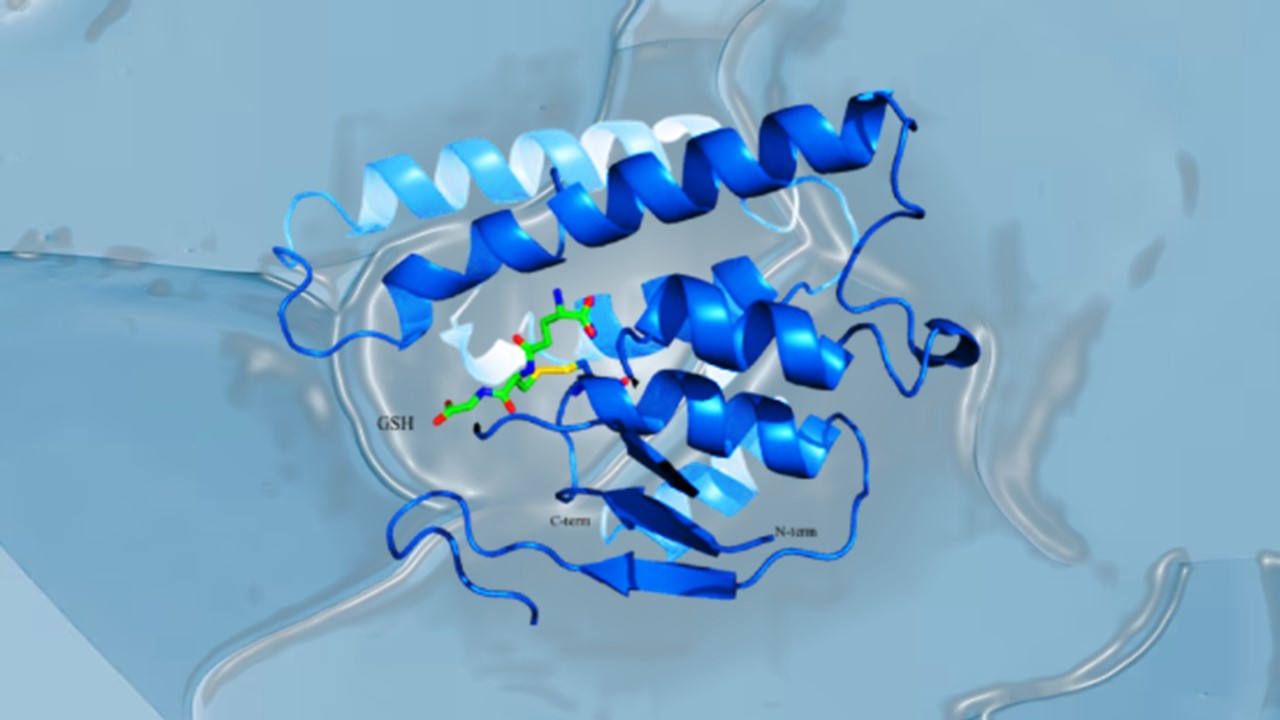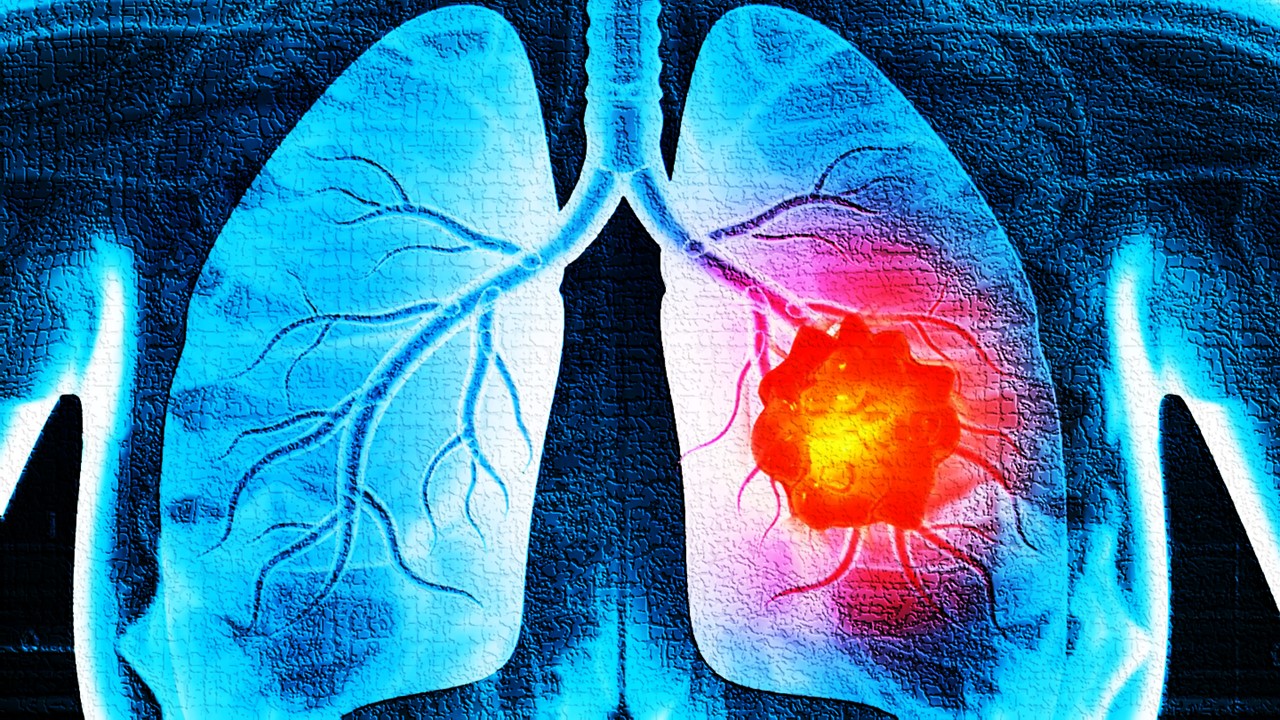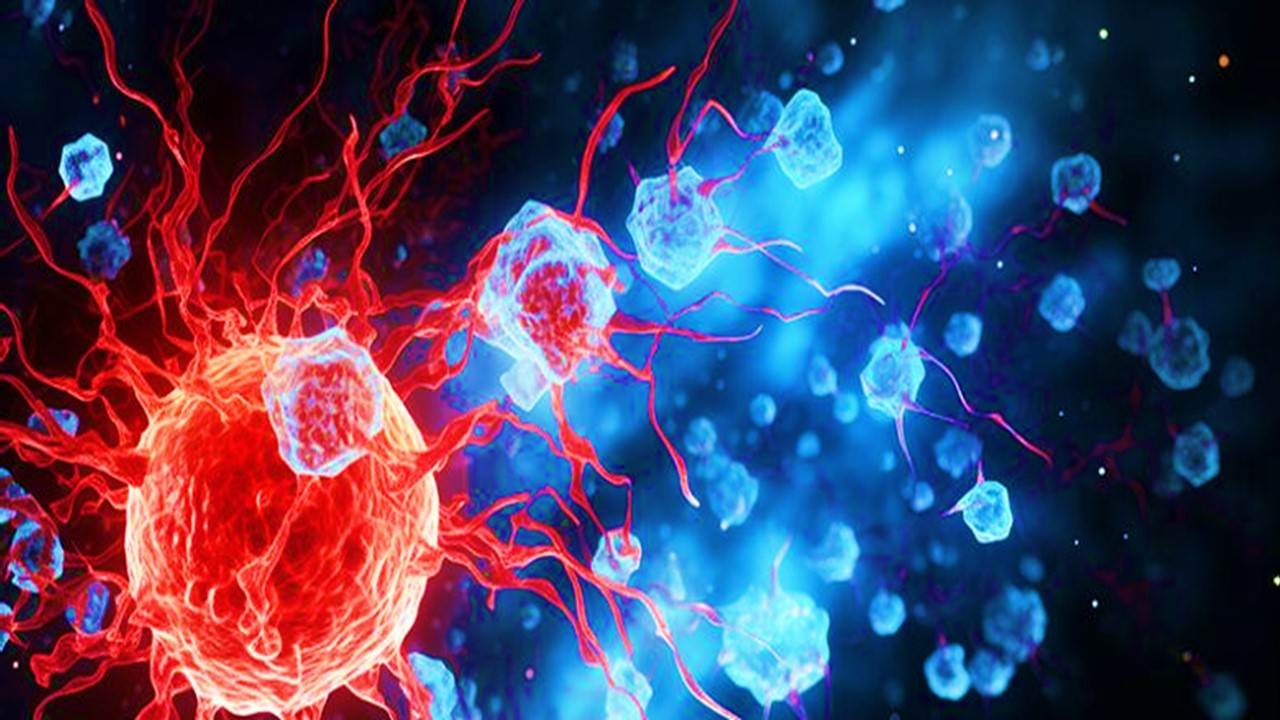Cancer remains one of the most life-altering diagnoses a patient can receive. With over 18 million new cases worldwide and over 9 million deaths per year, the burden of cancer is set to grow. Many types of cancer have abysmally low survival rates – pancreatic cancer being one of the most lethal types, while cancer treatments can have devastating side effects. It is inevitable that both of these will have severe repercussions on patient mental health. Other cancers even affect the nervous system – and neurological health – directly. Although these are widely accepted truths, the intersection of mental health and cancer has traditionally been underserved by serious scientific research. We explore studies in the field, and highlight why more needs to be done to meet this need.
A Lack of Care
Mental health problems face a widespread lack of reporting throughout the general population. In the course of their treatment and the extensive on-site care it requires, one would expect cancer patients to have the opportunity to seek counseling for issues beyond their cancer. However, this remains sadly untrue. Most cancer survivors report that there were no discussions for psychosocial counseling or support within their treatment environments. Ironically, our oncology care system is so inured to the devastating nature of cancer that tell-tale symptoms of mental health conditions are seen to be ordinary responses to a diagnosis. These include a sense of helplessness, extreme anxiety, despair and suicidal ideation.
This phenomenon does not merely impact the mental well-being of the patient, although that in itself is important. Instead, studies have shown that patients with mental health symptoms that progress to psychiatric disorders exhibit poorer outcomes for cancer, as well. A study investigating the subject found both males and females with newly diagnosed psychiatric conditions faced higher risks of death, although counseling and treatment to support these conditions improved outcomes. The impact is not limited to the patient alone – many surveys highlight that the consequences can reverberate across their family and social units. With the growing global burden of cancer, the criticality of tackling these problems remains urgent.
Causative Reasons
The prospect of death and the often incurable nature of cancer are natural effectors of deteriorating mental health. However, cancer is becoming increasingly manageable with longer periods of survival – and this needs to be communicated clearly. Much like other chronic diseases, mental conditions are exacerbated by the social stigma surrounding them. Stigmatization can affect multiple areas of life – studies found that over 52% of breast cancer patients in America reported being feared by other people. It can be hard to conceal the stigmatizing aspects of cancer, particularly those relating to aesthetics: treatment can often cause visible side-effects, such as alopecia. Other cancers can cause physical disfigurement – such as head and neck tumors. Stigmatization can have severe side-effects: under-utilization of medical assistance due to fear of discrimination, inadherence to physician guidelines, poorer mental well-being. Addressing the societal effects on cancer patients’ well-being will be critical in improving mental health and cancer outcomes. A pilot 6-week study of lung cancer patients offering acceptance-based cognitive therapy to combat stigma showed massive improvements, both in mental and cancer-related distress. Further investigating what reinforces positive responses to persevere through and resist stigmatization will be of extreme future benefit.
On the other end of the spectrum lies a less psychological cause for neurological sequelae: cancer itself. Primary brain and spinal cord tumors have first-hand, direct neurological complications, as do metastases of other cancers which commonly target the Central Nervous System (CNS), such as breast or lung cancer. Beyond these, treatment can also have direct CNS effects, such as radiation-induced brain injuries. Increased vulnerability to infection because of immunosuppressive treatments can also result in infections penetrating the nervous system. Neurological effects can include seizures, epidural spinal cord compressions, which are urgent emergencies.
But CNS-related tumors do not merely manifest themselves in neurophysiological sequelae. A case report of treatment-resistant depression in a 69-year old woman who had the condition for over 15 years was later discovered to be caused by glioblastoma. Other investigations found as many as 39% of brain cancer patients they surveyed were exhibiting symptoms for depression. It is highly likely that tumors that infiltrate and reach the nervous system will have other such subtler consequences on mental well-being. However, decoupling these from conditions caused by stigmatization and the general impact of a cancer diagnosis is not always possible.
Future Outlooks
An innovative study published in Nature Medicine is the first of its kind to examine the risk of mental illness and self-harm in cancer patients, using population-based records. The investigation found that depression remained the leading psychiatric condition in patients diagnosed with cancer, as well as establishing a link between invasive treatments and increased psychiatric burdens. These treatments include radiotherapy, chemotherapy and surgery. The study also seeks to establish a framework for care providers to operate in when caring for patients at the intersection of cancer and mental health – although all cancer patients are at increased risk of psychiatric sequelae. Crucially, the study established high rates of psychiatric disorders even in patients suffering from some of the most treatable cancers – such as testicular cancer. These were chiefly motivated by a fear of cancer recurrence, which hangs like a ghost over swaths of cancer survivors. Long-term observational studies are needed to further investigate the effects of survivorship, but it is clear that surviving cancer is its own journey – and requires counseling and support of its own.
With the pharmaceutical industry placing increased emphasis on central nervous system conditions in the coming decade, it would be remiss to fail to investigate the intersection of mental health and oncology. As the burden of cancer grows, we must place increasing emphasis on delivering patient-centered approaches to support, monitor and counsel patients. The intersection between the two areas offers a unique opportunity to deliver a two-pronged attack in the fight against cancer, but also against the growing mental illness burden the developed world is facing.
Nick Zoukas, Former Editor, PharmaFEATURES
Join Proventa International’s Oncology Strategy Meeting in Boston to hear more about the latest developments in the fight against cancer. Network and discuss cutting-edge topics in roundtables facilitated by industry-leading experts and forge new collaborations!

Subscribe
to get our
LATEST NEWS
Related Posts

Immunology & Oncology
The Silent Guardian: How GAS1 Shapes the Landscape of Metastatic Melanoma
GAS1’s discovery represents a beacon of hope in the fight against metastatic disease.

Immunology & Oncology
Resistance Mechanisms Unveiled: The Role of Glutathione S-Transferase in Cancer Therapy Failures
Understanding this dual role of GSTs as both protectors and accomplices to malignancies is central to tackling drug resistance.
Read More Articles
Myosin’s Molecular Toggle: How Dimerization of the Globular Tail Domain Controls the Motor Function of Myo5a
Myo5a exists in either an inhibited, triangulated rest or an extended, motile activation, each conformation dictated by the interplay between the GTD and its surroundings.
Designing Better Sugar Stoppers: Engineering Selective α-Glucosidase Inhibitors via Fragment-Based Dynamic Chemistry
One of the most pressing challenges in anti-diabetic therapy is reducing the unpleasant and often debilitating gastrointestinal side effects that accompany α-amylase inhibition.













